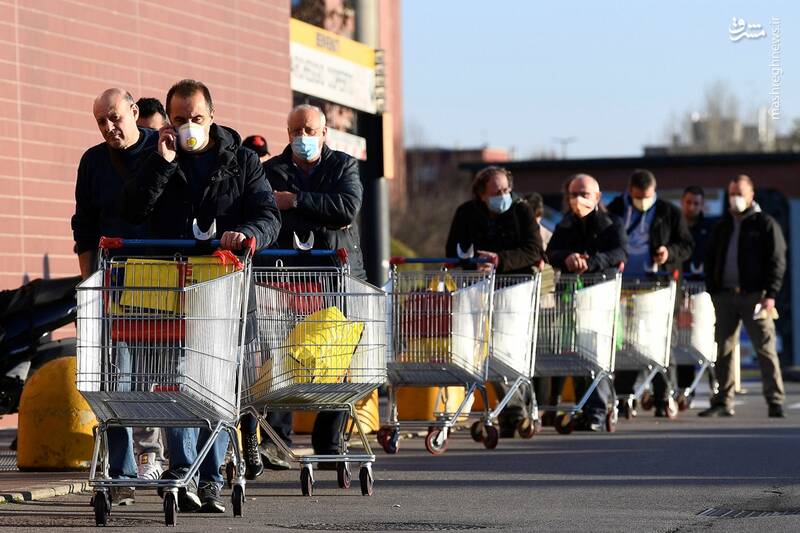The population dispersion, the depth of the political fault between the people and the government, and the economic situation are among the most important indicators of the success rate of EU member states in controlling the corona virus. Indeed, political and economic turmoil have played a vital role in the success of control programs; Explaining that moving from the north of the union to the south, the incidence and mortality from COVID 19 increases.
Given the above components, it is not possible to issue a single, comprehensive version of the EU countries’ response to COVID 19 disease. Meanwhile, the lack of coordination between member states caused each country to take a different course in implementing and combating this pandemic and to face different results.
Nevertheless, over time, Germany became the forerunner of comprehensive control of the disease in the member states. In fact, the only country that has been able to implement more effective policies in the European Union from the beginning has been Germany. This performance stems from the high level of trust of the German people in the government, financial capability as the largest economic power in Europe, and the widespread and generous use of health tools. That is why in recent days the German Chancellor has announced to the people of her country that they can travel to cities with a population of less than seven thousand people. In other words, the restrictions imposed in this country are decreasing.
More broadly, European countries, especially Britain, France, and Germany, have been successful in combating the disease because of the solidarity between the people and the government on the theoretical foundations of democracy, because the people are all ears before their leaders. This success was not seen much in southern Europe such as Italy, Spain and Portugal due to incompatibility and faults between the people and the government, so the death rate due to the outbreak of the corona virus in these countries has been significant. The main reason for this is that in such a situation, the less the gap between the society and the government, the more the people listen to the advice of the leaders of their country. Here, it matters how much the citizens of each country trust or avoid the government’s plans, so in some countries of the union, the covert and overt disobedience of society can be seen as the virus spreads.
In the United Kingdom, France, and especially Germany, the quarantine period could be extended due to the attention of these governments to meeting the economic needs of the people, and this led to better performance in the control of COVID 19 disease.
On the opposite side, the economic inability of southern European countries such as Spain and Italy posed challenges to quarantine control and enforcement, so the success of EU member states in controlling the virus showed there is a direct relationship between the mechanism of a government’s implementation of its policies and components such as hope and public confidence.
On the other hand, German Chancellor Angela Merkel in the first weeks of the outbreak of the virus in the European Union proposed to allocate 750 billion euros from the EU common fund to countries that do not have good economic potential, but countries such as Denmark, Sweden and Norway did not accept the offer; They argued that the aid would not be gratuitous and that the deadline for its repayment would be only until the disease was curbed in the countries mentioned. There is still disagreement among EU countries on this issue, which is why the program has not yet been implemented. However, outside of its commitments to the European Union, the German government has carried out a number of humanitarian activities towards economically less powerful countries.
Another noteworthy point in the EU for controlling the disease is that the incidence and prevalence of corona in the northern countries of the EU has been much lower; noting that the low population of these countries, strict adherence to health protocols, having the appropriate economic potential and the existence of facilities and tools to control the virus are the main reasons for their success.










0 Comments